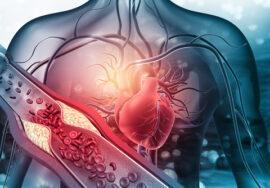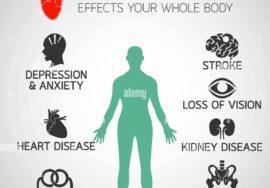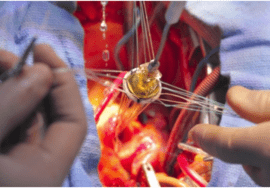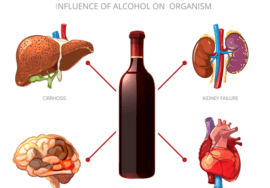
Obesity and heart diseases
Obese individuals require more blood to supply oxygen and nutrients to their bodies which causes an increase in blood pressure. Your body will also require more pressure to move this blood around. High blood pressure is also a common cause of heart attack, which is sadly more common for obese individuals.
Fortunately, there are some steps you can take to lose weight, get healthy and reduce your risk of developing heart disease.
The number one thing any obese individual, especially those with a family history of cardiovascular disease, should do to get healthy is to exercise regularly and eat a nutritious, balanced diet. Talk with your doctor about creating a diet and exercise plan that works best for you based on your current goals and health status.
For some individuals, diet and exercise alone may not be enough to achieve a healthy weight. If you have a BMI greater than 35, bariatric surgery may be right for you. Safe and effective, it has been shown to improve or resolve high cholesterol, blood pressure and diabetes in obese individuals.
If you’re considering bariatric surgery, you may be instructed to consult with a cardiologist first for “cardiac clearance.” Untreated high blood pressure, high cholesterol or other heart-related conditions can put a person at high risk for complications during and after surgery. Your cardiologist will be able to help you monitor your blood pressure, cholesterol level and any heart conditions that could create issues before you head into surgery.
After surgery you will still need to maintain a healthy diet and exercise routine. Bariatric patients may require more protein and exercise to ensure that they are losing fat and not bone or muscle weight, including the most important muscle of them all: the heart. Proper diet and exercise post-bariatric surgery will ensure that you maintain a strong and healthy heart, and thereby continue to lower your risk of developing heart disease.










